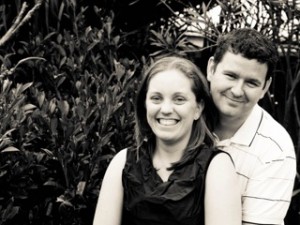
Day/night confusion is something that a lot of newborns experience so there is no need to worry as you are not alone, actually it is fairly normal.
I remember my sister visiting me and often saying about my son, “He is always sleeping, why won’t he wake up?” and I would reply, “Come around here at one in the morning and you’ll see his eyes open”.
Back then I didn’t really know too much about a baby’s sleep. Back then I was always of the mind ‘never wake a sleeping baby’, believing they will sleep when they want to sleep, feed when they are hungry. To a certain extent this is true. In the first few weeks of life, babies will sleep when they are tired and eat when they are hungry. In the first weeks they usually wake due to needing a feed.
Why does my baby get day night confusion?
During pregnancy, your baby’s time of day comes from you, the melatonin (sleepy hormone) you produce and your movement which helps them sleep.
Up until around three weeks of age, however, baby is running off mum’s melatonin (our sleep hormone that helps our body fall asleep). After three weeks or so they tend to ‘wake up’ a little more and by eight weeks they begin to produce their own melatonin and start developing their sleep cycles.
However, once they are born, a baby’s circadian rhythm being immature, as it is, means they cannot produce their own melatonin until later. A baby’s circadian rhythm isn’t fully developed until they are around 10-12 weeks old so until then it can be quite unpredictable, and can lead to sleepless nights.
What can I do?
Circadian rhythm is set but things which act as external cues for our circadian rhythm are food, light, sleep and social interaction. Ensuring that your newborn gets plenty of all four of these during the day they will quickly know the difference between day and night. Similarly limit light and social interaction at night to a minimum. There is no need to limit food for newborns as they need to feed frequently to grow and thrive.
Although these are not quick fixes for your newborn’s day/night confusion, they will help with encouraging your baby to sleep more during the night and less during the day.
If you want more help with settling your newborn, and assistance with forming healthy sleep habits, be sure to check our Newborn package and e-book. Assistance and packages are also available for babies of all ages.














